Crops of hope for conflict victims in Colombia
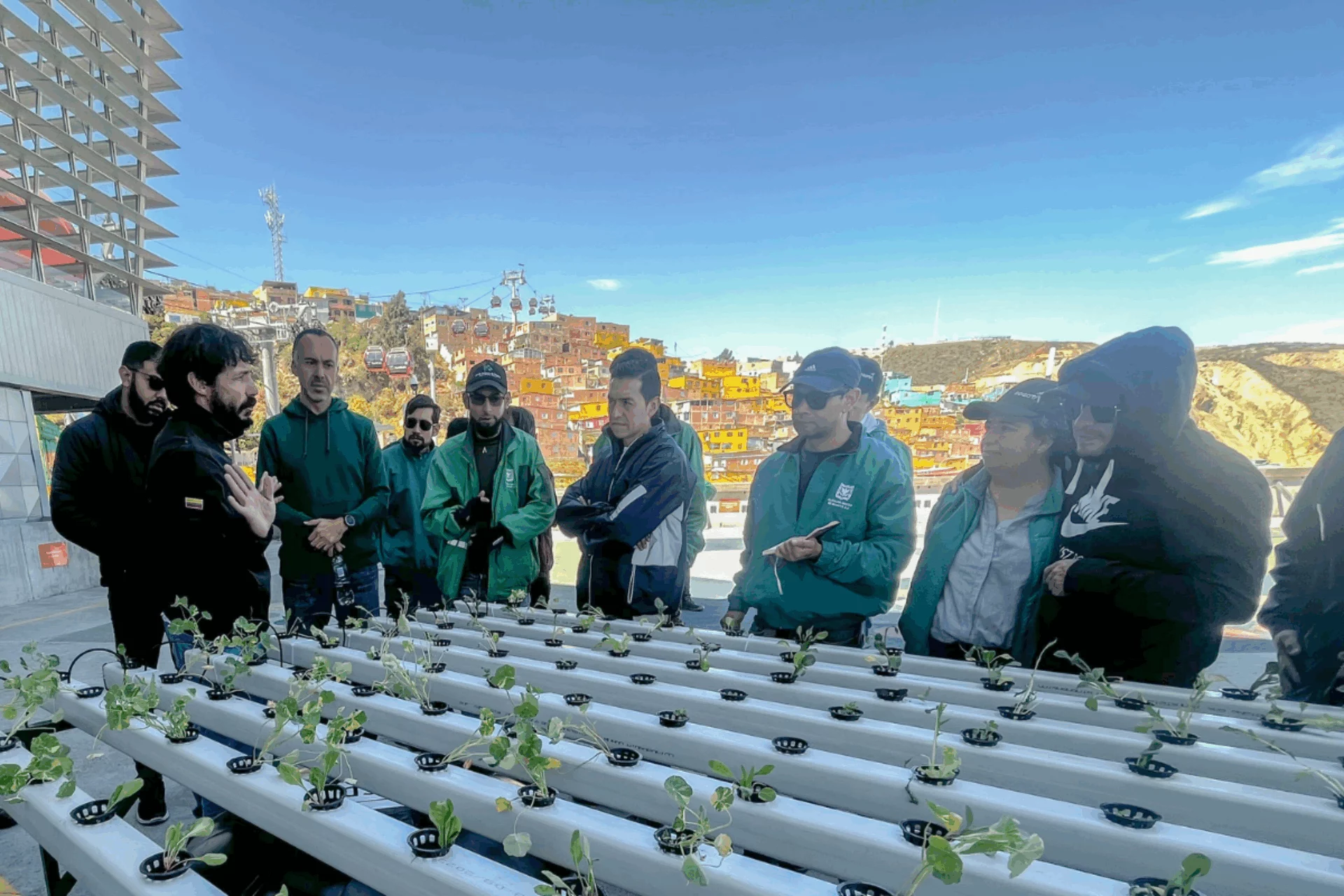
In response to this situation, FSD first launched an assistance project for mine victims, before extending its support to victims of the conflict in general. In collaboration with the Alta Consejería para las Víctimas (the local victims’ assistance unit), FSD has set up urban gardens in host centres in the Bogotá region in order to improve food security and support economic perspectives for people affected by the conflict.
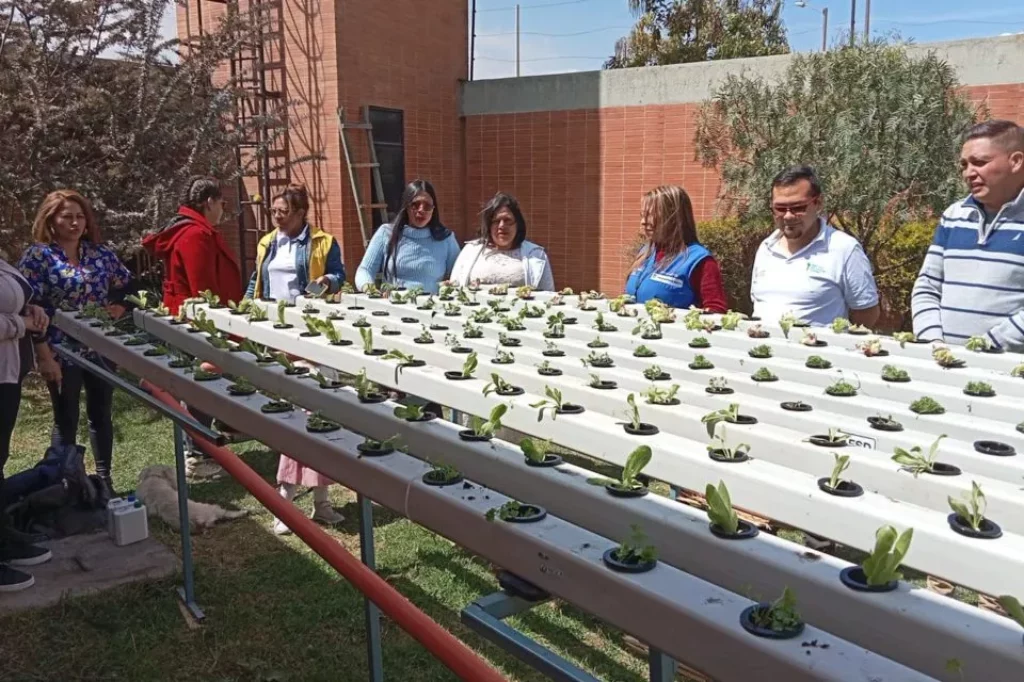
What is a hydroponic garden?
It’s a system for growing plants without soil in a controlled environment, where the roots are directly immersed in a nutrient solution containing all the minerals they need to grow. This type of garden is particularly suited to small spaces, such as urban areas, because it optimises the use of water, does not require large areas, and significantly reduces the production time.
FSD supplies and installs the structures, then trains the beneficiaries on how to use the urban gardens during the full production cycle. These areas become not only a source of healthy food, but also a tool for social reintegration. Participants learn new skills while strengthening their sense of belonging to the community through collective work.
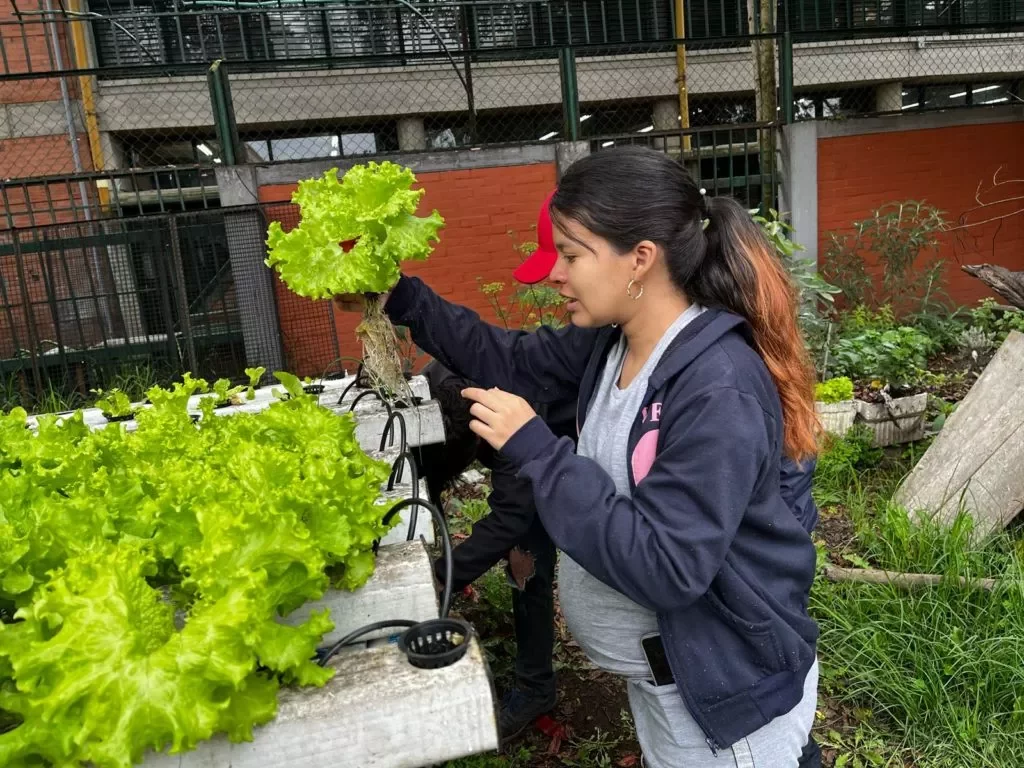
A sustainable solution
Once the hydroponic structures have been installed and the training is completed, FSD gradually withdraws, leaving the centres to manage their production independently. Some centres use the harvests to feed the residents, while others sell the vegetables and herbs to generate additional income, thus helping to finance other community projects.
What particularly touched us was to see people like Rosa Quiñones, who were initially beneficiaries of the project, now passing on their knowledge to other members of their community’
Since its launch, the project has been constantly evolving to maximise its impact and help an ever-growing number of victims. At the same time, FSD remains available to support the centres in managing the gardens and answering their questions, while strengthening their autonomy.
Learn more about our hydroponic gardens!
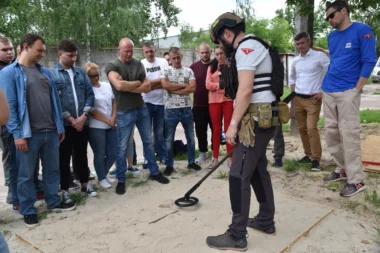
How to become deminer?
FSD’s deminers come from all walks of life: farmers, teachers, IT specialists and many others. Many have had their lives…
Humanitarian demining Iraq
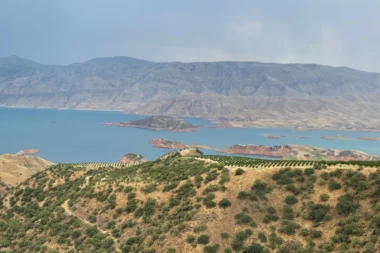
Tourist destinations still marked by the scars of war
In the world, nearly one in three countries remains contaminated by landmines and explosive remnants of war, particularly across much of South-East…
Landmines and explosive remnants Colombia Iraq Sri Lanka
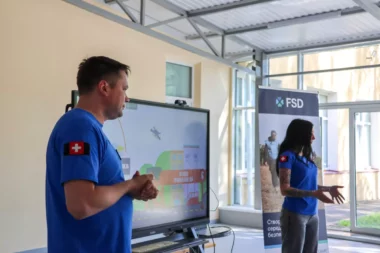
Beyond demining: preparing to hand over the reins
Faced with this reality, FSD — with the support of Switzerland — is working on two fronts: clearing land today,…
Humanitarian demining Prevention and risk education Ukraine